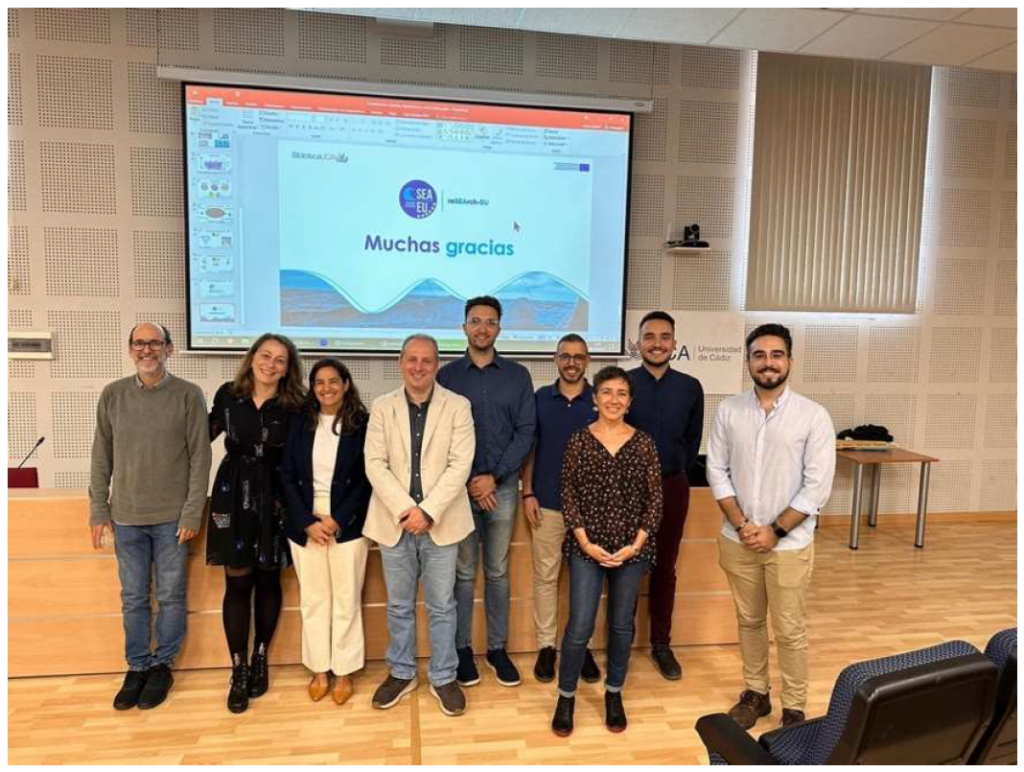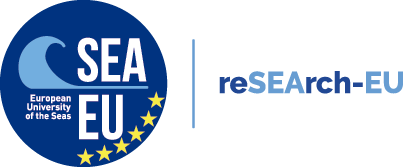Citizen Science Projects at the University of Cádiz

- Laura del Río made a presentation entitled ‘The Citizen Science Project COASTSNAP.’
CoastSnap is an international citizen science project initiated in 2017 by researchers at the
University of New South Wales (Australia) (www.coastsnap.com). The project’s primary goal is
to raise awareness in society about the importance of preserving beaches, and it seeks to engage
citizens in monitoring any changes occurring in these coastal areas. To achieve this, volunteers
capture photographs using their mobile phones, which are then shared through social networks,
email, or a free app. This approach enables continuous and cost-effective monitoring of beach
changes. The project’s results are also disseminated through the same channels, facilitating
ongoing feedback and citizen participation. In summary, CoastSnap provides scientific education
to the public, piques their interest in coastal dynamics, and offers valuable information for
monitoring numerous beaches.
2. Juan Cebolla made a presentation entitled ‘Citizen Science vs. Marine Debris.’
Marine debris pollution stands out as one of the most prominent environmental issues of our time.
To address this challenge, various citizen-led initiatives have emerged worldwide, with beach
cleanups being the most common. An illustrative example is “Apadrina tu Playa,” an initiative
carried out by the UCA Marine Debris Laboratory in schools to raise awareness among students.
These citizen-driven actions generate a wealth of data and information. However, for this data to
be useful on a global scale, it must be made comparable. To fulfill this purpose, the Global Garbage
Observatory serves as an open access system dedicated to the collection and harmonization of data
related to marine debris, ultimately translating this data into valuable and actionable insights.


